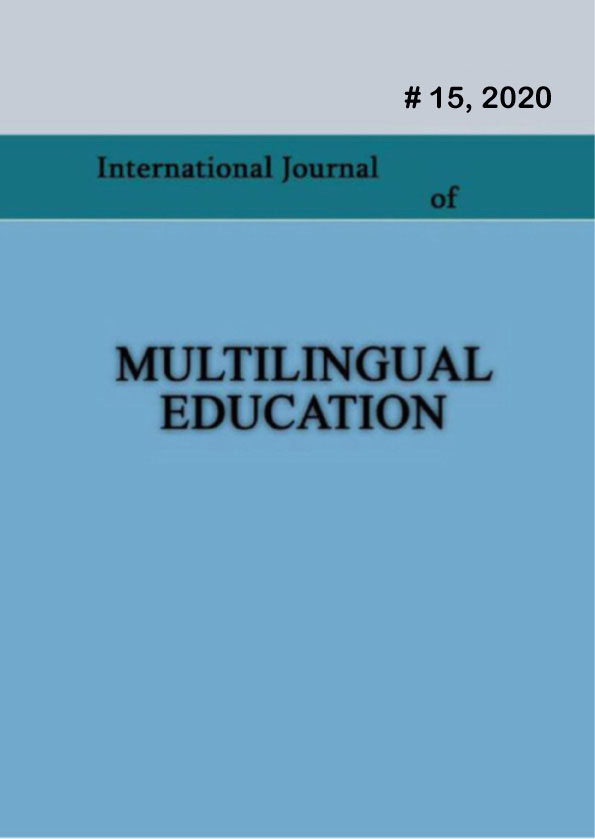Multilingualism of James Joyce’s Finnegans Wake and problems of its translation and teaching in Georgian
Keywords:
Multilingualism, James Joyce, Finnegans Wake, Translation, TeachingAbstract
Hailed as one of the most enigmatic and puzzling books of the 20th century James Joyce’s last novel Finnegans Wake does not cease to interest scholars, translators and readers even after 80 years since its publication. The novel attracts people of various nationalities, as well as professions due to its multilingualism and multi-layered intertextuality, which is highly suggestive and open to interpretation.
Joyce’s attempt to create a new language by using and combining over 60 languages puzzles the readers and is one of the main issues that make Finnegans Wake so “incomprehensible” and difficult to read, analyze and translate. However, at the same time, it is this multilingualism of the text that makes it accessible to people of various nationalities.
The present paper studies some problems which arise from the multilingualism of the text when translating and teaching it in Georgian. It is stated that difficulties of translating (and teaching) such a text in Georgian arise from the linguistic differences between Georgian and languages belonging to West-European Family, which are the linguistic basis of the text at large.
At the same time, teaching Finnegans Wake by the method of close-reading in a group consisting of various nationalities and backgrounds proves to be an interesting experience, as multilingual group can add valuable contribution to the reading process.
References
Derrida, 1984 - Derrida, Jacques. "Two Words for Joyce." Post-Structuralist Joyce: Essays from the French. Eds. Derek Attridge and Daniel Ferrer. Cambridge: Cambridge UP.
European Joyce Studies, 1990 - Milesi, Laurent. "Metaphors of the Quest in Finnegans Wake." Finnegans Wake: Fifty Years. Ed. Geert Lernout. European Joyce Studies. Vol. 2. Amsterdam and Atlanta, GA: Rodopi.
Garcia, 2013 - Garcia, Dora The Joycean Society Introduced by Aaron Schuster. Accessible at: https://www.vdrome.org/dora-garcia-the-joycean-society Grutman, 1998 - Grutman, Rainie. Multilingualism and Translation, Routledge.
Encyclopedia of Translation Studies, 1998 - ed. Mona Baker and Kirsten Malmkjaer, London: Routledge.
Joyce, 1957 - Letters of James Joyce. Vol. I, ed. Stuart Gilbert. Viking Press.
Joyce, 1960 - Joyce, James. A Portrait of the Artist as a Young Man. Penguin Books. FW - Joyce, James. Finnegans Wake. Oxford University Press, Oxford: UK. 2012.
Norris, 1976 - Norris, Margot. The decentered universe of Finnegans wake: A Structuralist Analysis, 1976 - Baltimore, Maryland: John Hopkins University Press.
Potts, 1979 - Potts, Willard. Editor Portraits of the Artist in Exile, Seattle: University of Washington Press.
Richards, 2002 - Richards, Linda. Interview with Tim Robbins, January Magazine, June.
Senn, 2010 - Senn, Fritz. ‘Transmutation in Digress’, James Joyce Quarterly, 47.
Straumann, 1949 - Straumann, Heinrich. Last Meeting with Joyce, A James Joyce Yearbook, ed Maria Jolas.
Taylor-Batty, 2013 - Taylor-Batty, Protean Mutations: James Joyce’s Ulysses. Multilingualism in Modernist, Fiction. Palgrave Macmillan, London.
Published
How to Cite
Issue
Section
License

This work is licensed under a Creative Commons Attribution-ShareAlike 4.0 International License.

